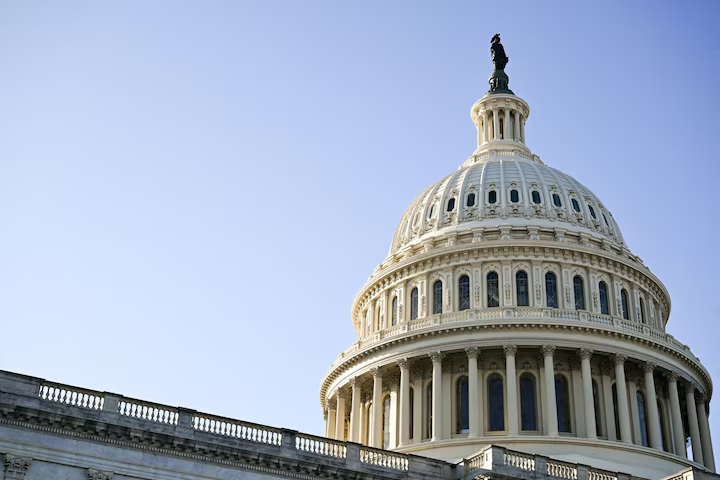
Leaders of the Robinson Huron Treaty Litigation Fund say they’ve reached a proposed $10-billion settlement with the governments of Ontario and Canada over unpaid annuities for using their lands.
The fund, which represents the 21 Robinson Huron First Nations, announced Saturday that the proposal will resolve claims only tied to past unpaid annuities which stretch back more than 170 years.
The Robinson-Huron Treaty was signed in 1850 and committed to paying the First Nations groups annual amounts tied to resource revenues, but the annuity only increased once in 1875 when it rose from about $1.70 per person to $4 per person. It hasn’t increased since.
The proposed out-of-court settlement will see the federal government pay half the sum, while the other half will come from the province.
Spokesperson Duke Peltier, who represents the Wiikwemkoong Unceded Territory, noted the 21 First Nations came together in 2012 to seek a settlement through the courts, but that ultimately one was reached at a negotiation table after talks began in April 2022.
“We know reconciliation cannot be achieved in the courtroom,” he said in a statement.
“Canada and Ontario heard us and met us at the negotiation table to make this proposed settlement a reality.”
In 2018, the Ontario Superior Court ruled that the Crown had an obligation to increase annual payments under the Robinson-Huron Treaty to reflect revenue derived from the territory.
“Our communities have struggled economically, culturally, and socially because of this breach of Treaty,” said Chief Dean Sayers of the Batchewana First Nation.
“We see this settlement as an opportunity to show the commitment of both Canada and Ontario to respect and implement our rights affirmed in the Treaty.”
Marc Miller, federal Minister of Crown-Indigenous Relations, issued a statement on Saturday saying he hopes the settlement marks an advancement in efforts to “address past wrongs and strengthen our treaty relationship for the future.”
A series of information sessions will be held with the First Nations community. Retired Ontario Court of Appeal judge Harry LaForme will lead the sessions, with the goal of preparing a report of recommendations within eight months. LaForme is Anishinabe and a member of the Mississaugas of the New Credit First Nation in southern Ontario.
The federal and provincial governments will also conduct a review to seek approval for signing the proposed settlement.






